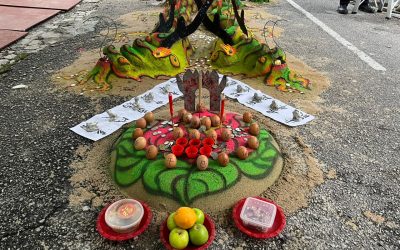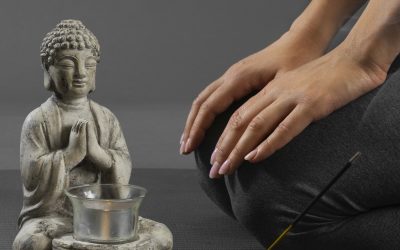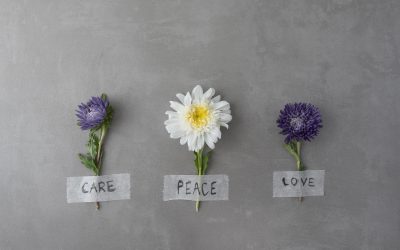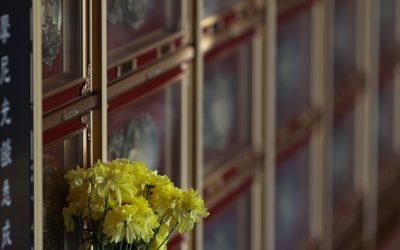文摘 : 星洲日报 SIN CHEW DAILY 2 0 2 1年9月16日|星期四 Thursday
MDS患者陈莉珍 :
照片是最珍贵的遗物
可随时跨越时空去见“你”……

妈妈,我可以捐骨髓给你。


我长大后要当老板,聘请贫穷的人工作。
只要能帮到你,我什么都愿意做!

珍藏妈妈留下来的结婚请柬
继续叙述生命故事


如果由你写自己的墓志铭,你会写什么?
更多生命乐章报导
The Funerary Ritual of Liberating the Deceased and Comforting the Bereaved
In traditional Chinese funerals, it’s common to see a ritual called “Breaking Hell” (Po Di Yu 破地狱), performed with a range of practices and varying scales, depending on regional and dialect group customs. However, what is its purpose, how is it conducted, and are there any specific requirements?
Nirvana Asia Group sets a record in “The Malaysia Book of Records” The largest Mid-Autumn Festival held in a memorial park
Nirvana Asia Group recently hosted a family-oriented Mid-Autumn Festival celebration with the theme, “A Cosmic Mid-Autumn Lunar Adventure”, simultaneously setting a new record in The Malaysia Book of Records (MBR) for the largest Mid-Autumn Festival held in a memorial park.
Seven Weeks (Forty-Nine Days): How to Perform the Rituals Correctly
Have you ever heard of the “First Seven and Final Seven Days” after a person passes away, and the belief that there are rituals to be observed for forty-nine days, or that the soul of deceased will return on the seventh day? What are the origins of these beliefs, and how should these rituals be observed after the passing of a family member? What happens if these rituals are not observed?
Are there “taboos” to observe during the mourning period after a funeral?
One of the most common explanations is that “red and white must not clash,” meaning those in mourning should not attend celebratory events to avoid bringing “misfortune” to the hosts. Is this really the case?
Treating the Dead as in Life: Reflecting on the Meaning of Ritual
In the “Doctrine of the Mean” from the Book of Rites, there is a phrase: “Thus they served the dead as they would have served them alive; they served the departed as they would have served them had they been continued among them – the height of filial piety.”
Launching of the KAIGO Professional Elderly Caregiving Training
The first class of the “KAIGO Professional Elderly Caregiving Training”, The course focuses on the Japanese approach at elderly care, with the hope that the elderly can be treated with dignity in their golden years.






















